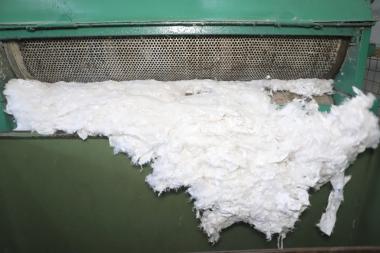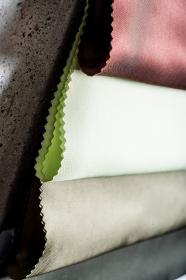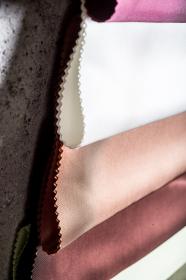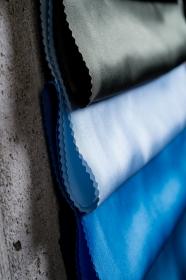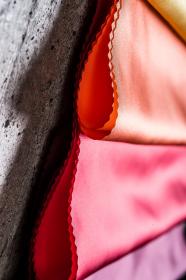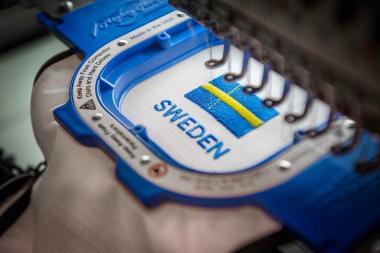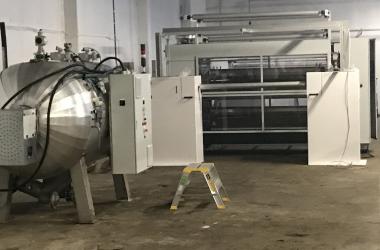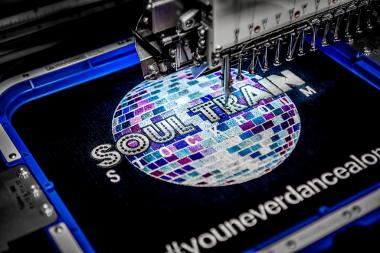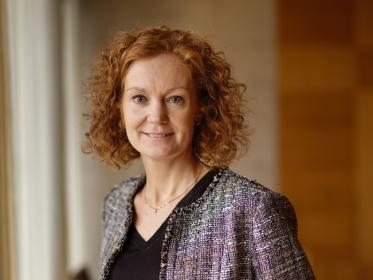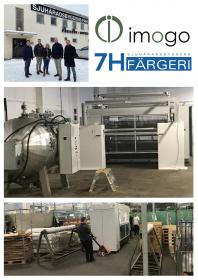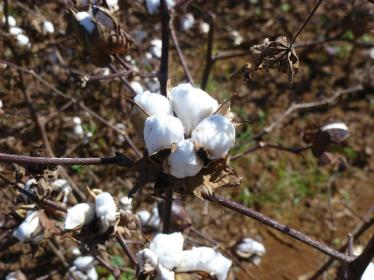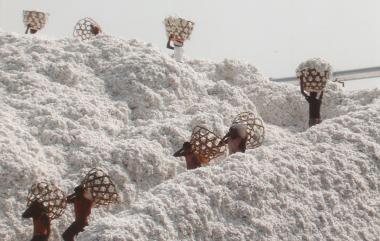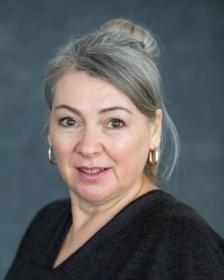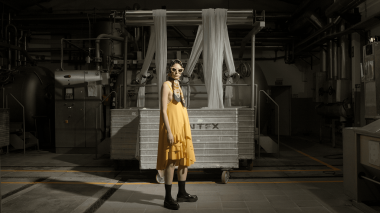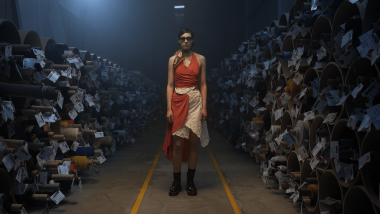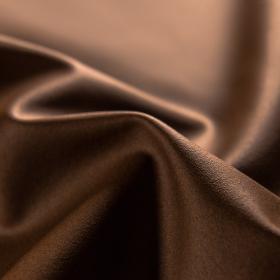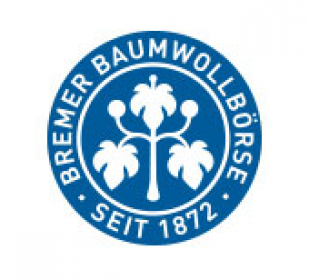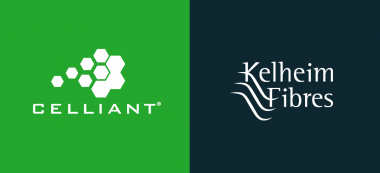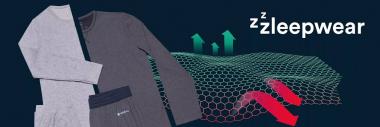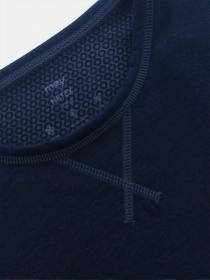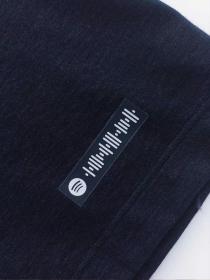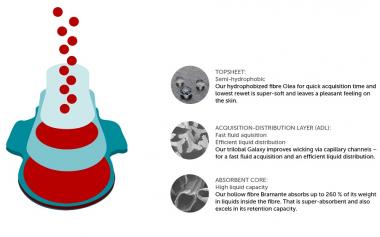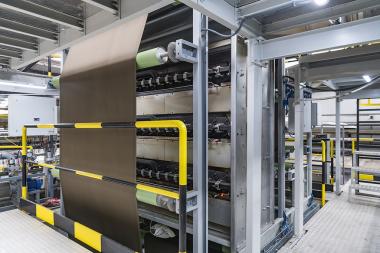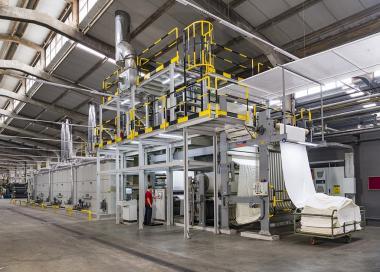NCTO: Biden Administration awards Contracts for American-Made Face Masks
The Biden Administration has awarded two contracts to National Council of Textile Organizations (NCTO) members Parkdale Mills and Ferrara Manufacturing Inc., following through on the President’s pledge to procure millions of fully Made in America face masks for community health centers, food pantries and soup kitchens across the country. A third contract is expected to be awarded to a small business early next week.
North Carolina headquartered Parkdale Mills, the nation’s largest cotton yarn spinner, has partnered with Ferrara Manufacturing, a tailored clothing company based in New York City’s garment center whose workforce is union represented by Workers United/SEIU, to manufacture over 17 million reusable masks. The government said it could purchase up to a maximum of 22.2 million masks under the two contracts announced today. The masks will be Berry compliant and thus 100% U.S.-made.
Ferrara Manufacturing and Parkdale Mills will contract with additional U.S. companies across the manufacturing supply chain, employing nearly 5,000 American workers as a result of these awards. Parkdale will be utilizing yarn from their facilities in NC, VA, and GA and Ferrara will deploy their cut and sew operations in New York City.
The U.S. textile industry has produced over a billion lifesaving PPE and other medical products over the last year. Since the spring of 2020, both Ferrara and Parkdale have retooled their production chains to help produce millions of masks and gowns to help workers on the frontlines.
NCTO National Council of Textile Organizations face masks Textile and clothing industry
NCTO





